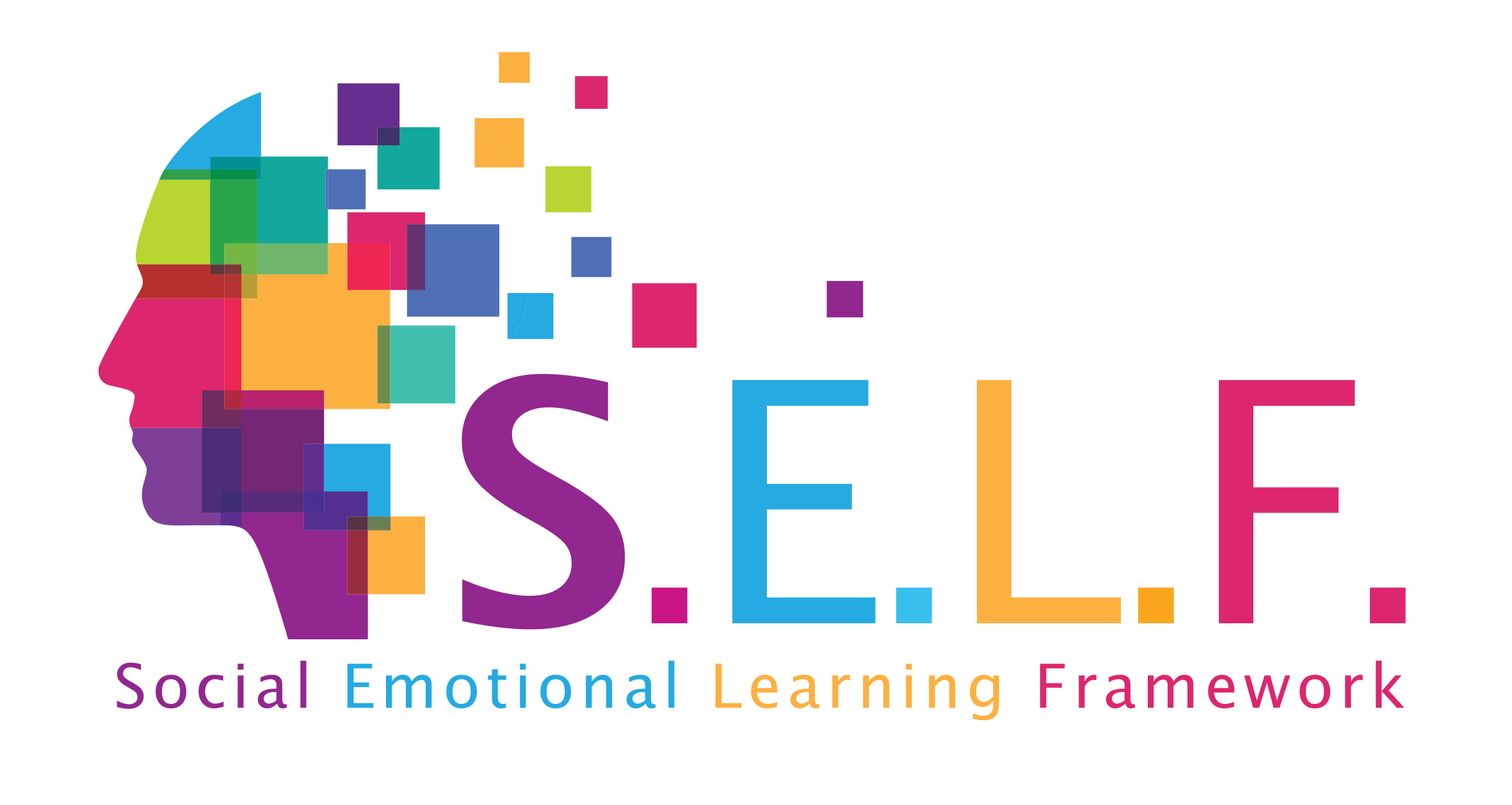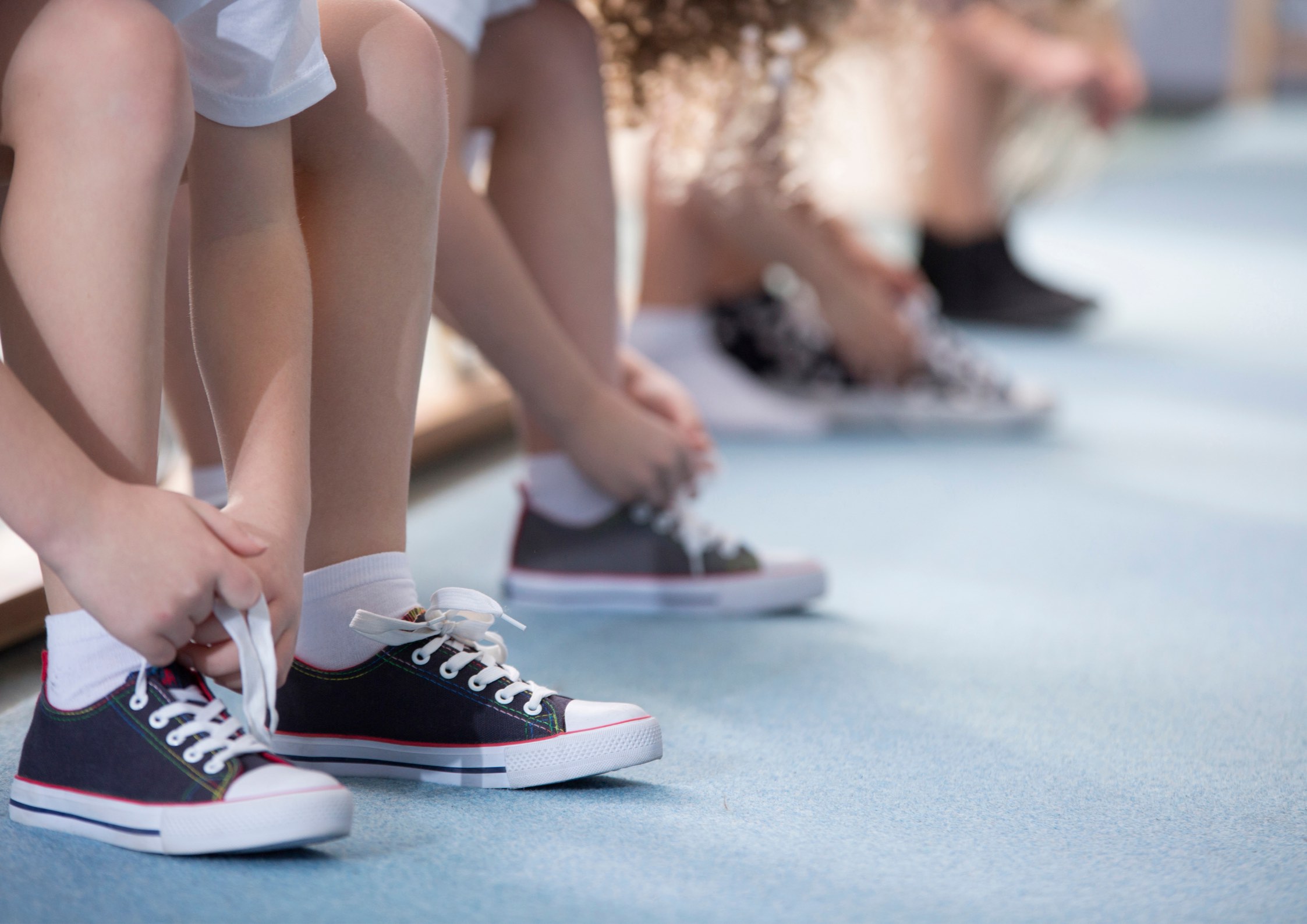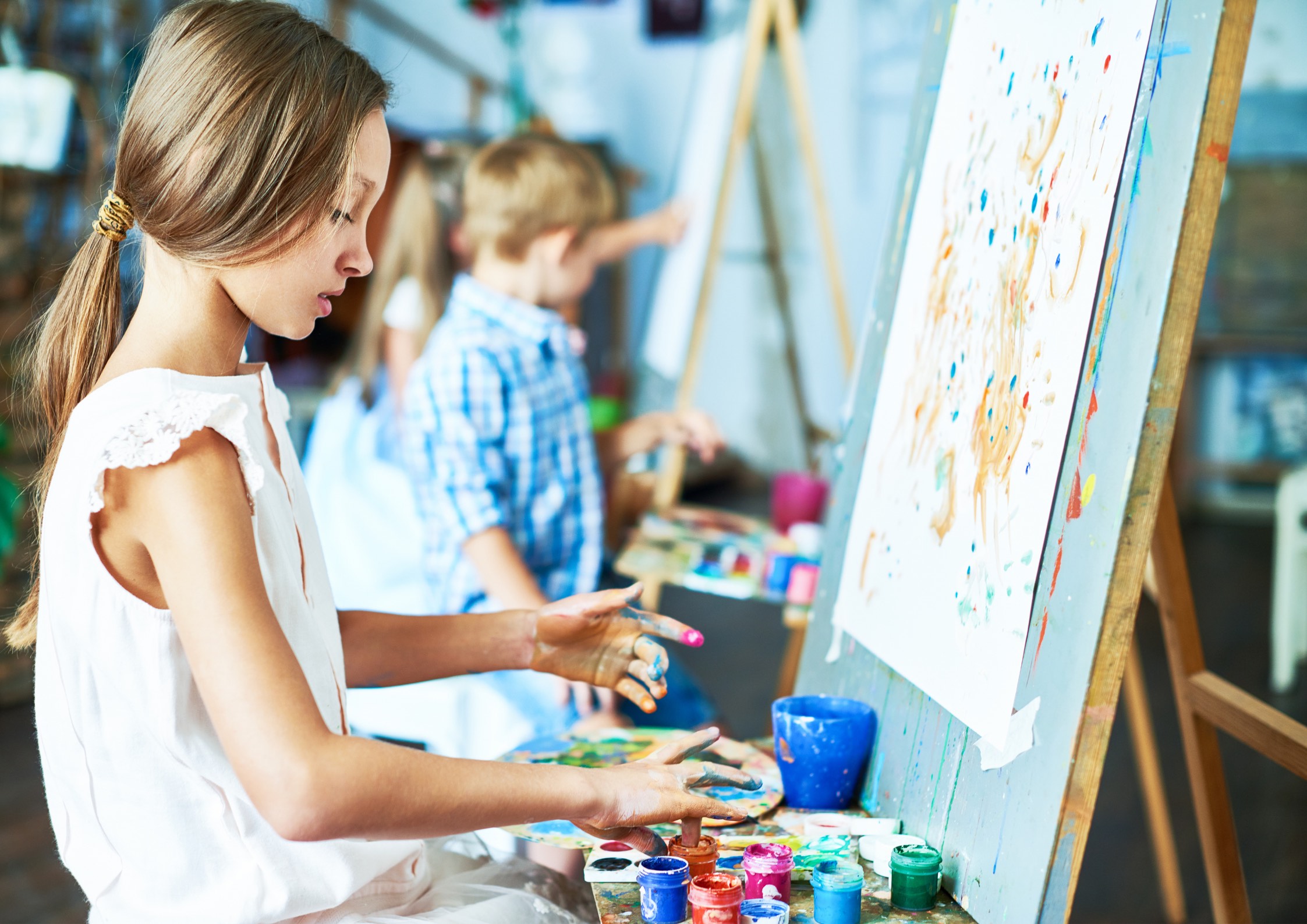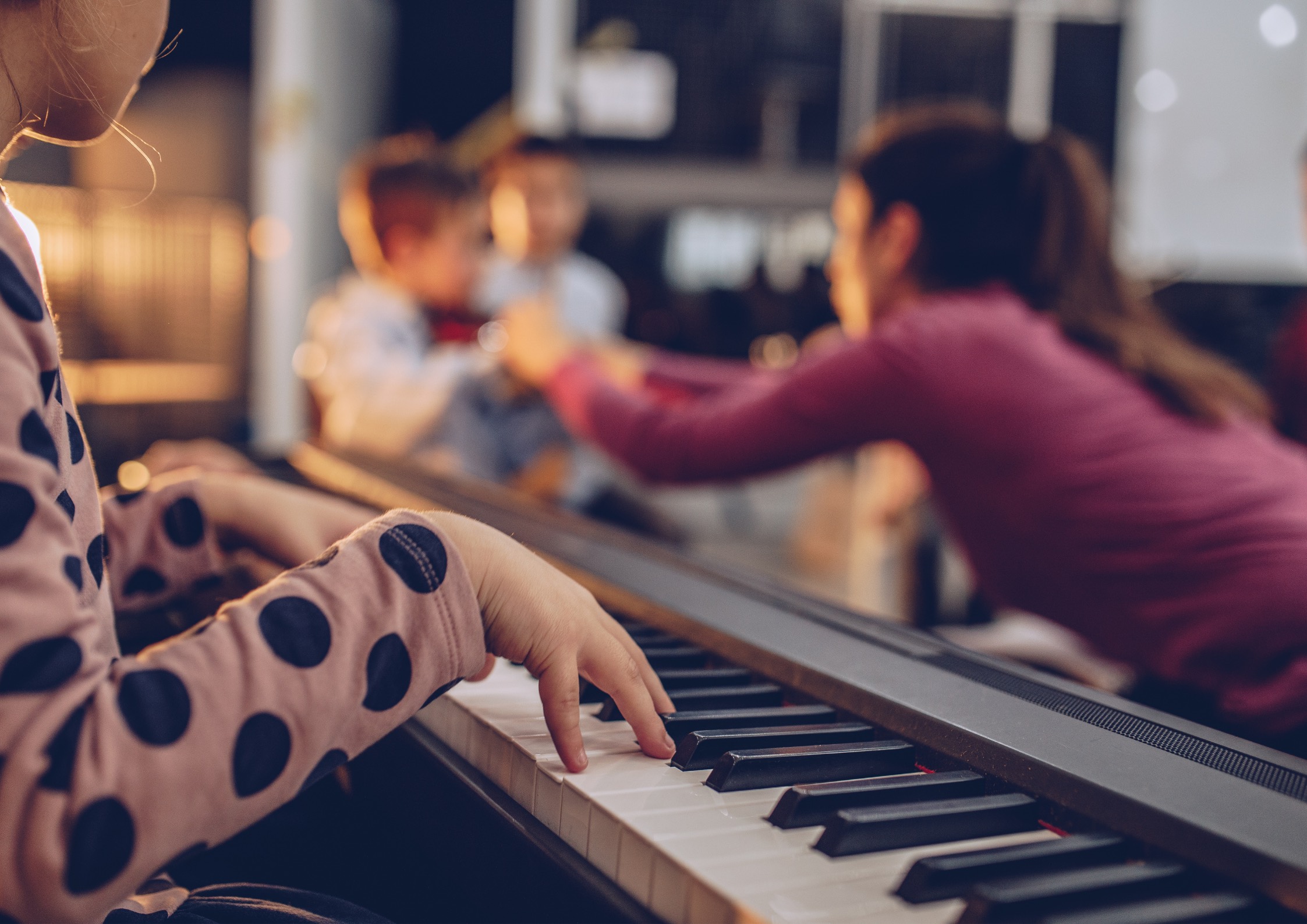LEARNING STRATEGIES
Prosocial behavior is defined as voluntary behavior for the benefit of another person, with no expectation of a reward. Prosocial learning behaviors are achieved by transforming each moment and experience into an opportunity without following a certain curriculum in school life.
LANGUAGES
Language learning aims to improve students’ capacity to understand and use language. Incorporating socio-emotional learning goals into the curriculum while gaining reading, writing, and language skills helps students acquire skills such as empathy, conflict resolution, and appreciating diversity.
SOCIAL SCIENCES
At middle school level, Social Sciences Department has a teaching approach that creates content by integrating basic knowledge in history and geography, and in fields we accept as social sciences (such as sociology, psychology, social psychology, philosophy, economics and law) into the curriculum
SCIENCE & TECHNOLOGY
Science lessons are planned to ensure that students become science-literate citizens, while emphasizing that science is a way of thinking. It aims to equip the students with skills they can use throughout their lives by internalizing the ability to investigate and inquire scientific knowledge.
MATHEMATICS
Math is important for understanding the situations encountered in daily life and solving them through assessment and reasoning. Thus, it plays an important role in solving the problems encountered by the society.
PHYSICAL EDUCATION
Physical education provides students with many opportunities for socio-emotional development and prosocial learning. It enables the development of such skills as effective communication, taking responsibility, decision making and goal setting along interpersonal and collaborative activities.
ART
Arts provide students with many opportunities for socio-emotional development and prosocial learning. Through individual, interpersonal and collaborative activities, it helps develop skills such as being aware of one’s own and others’ emotions, taking responsibility, making decisions and solving problems.
MUSIC
By its nature, music education entails acting for the benefit of the society. All musical activities performed individually or as a group offer the opportunity to develop positive emotions among individuals, empathize with one another, develop a mutual understanding, and unite around shared humane values despite any differences.








